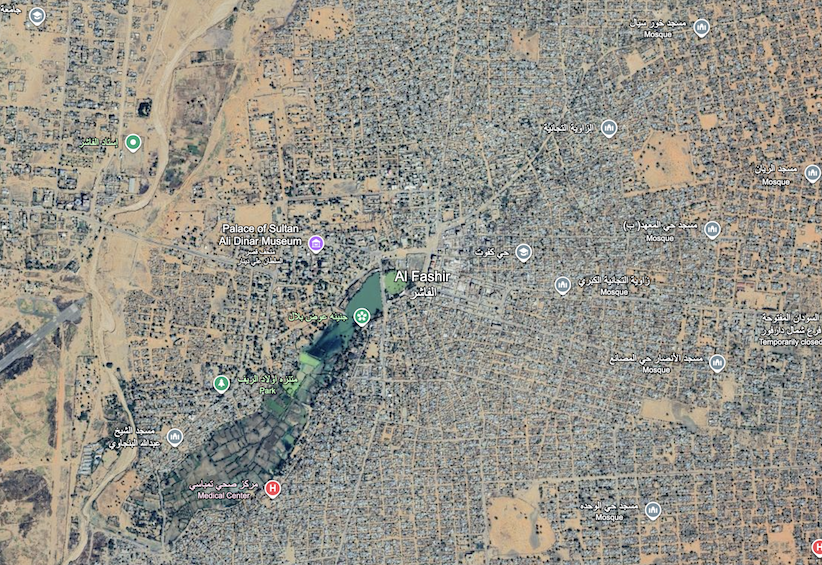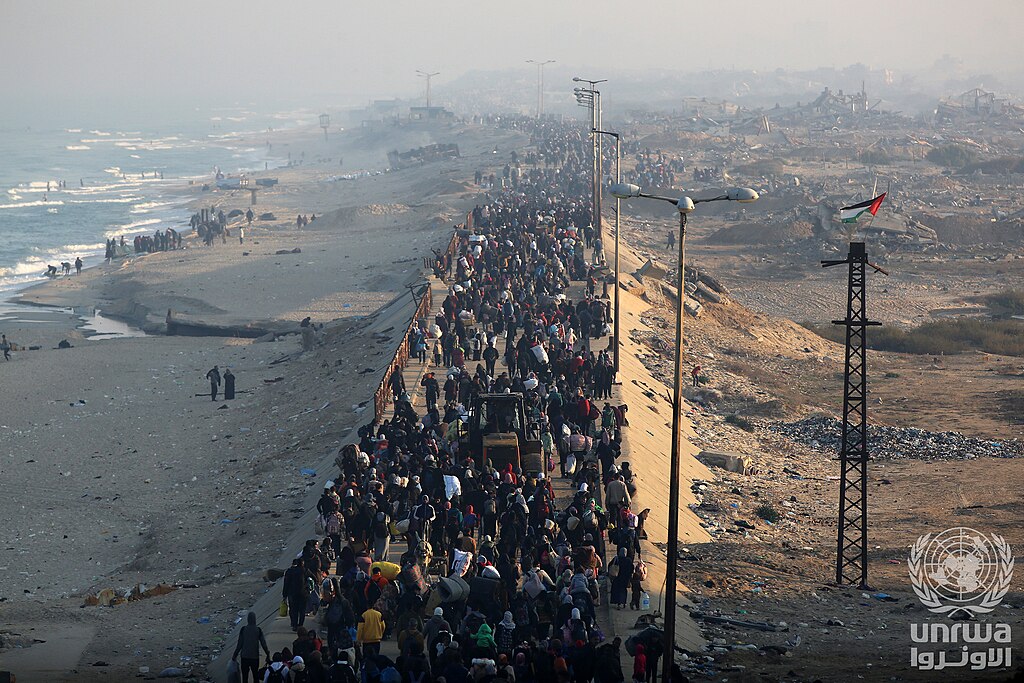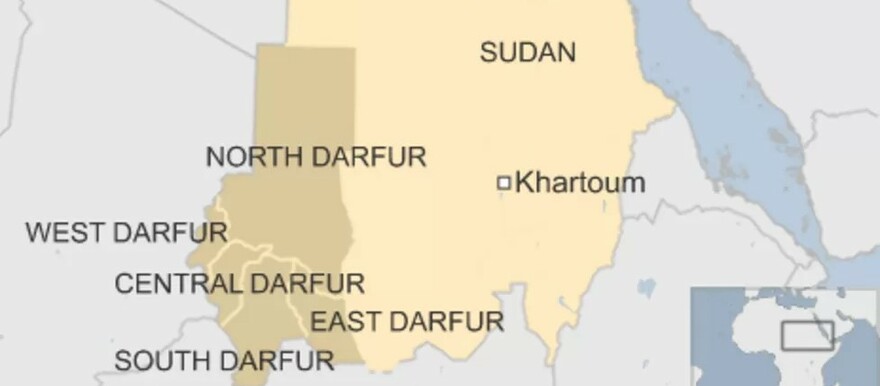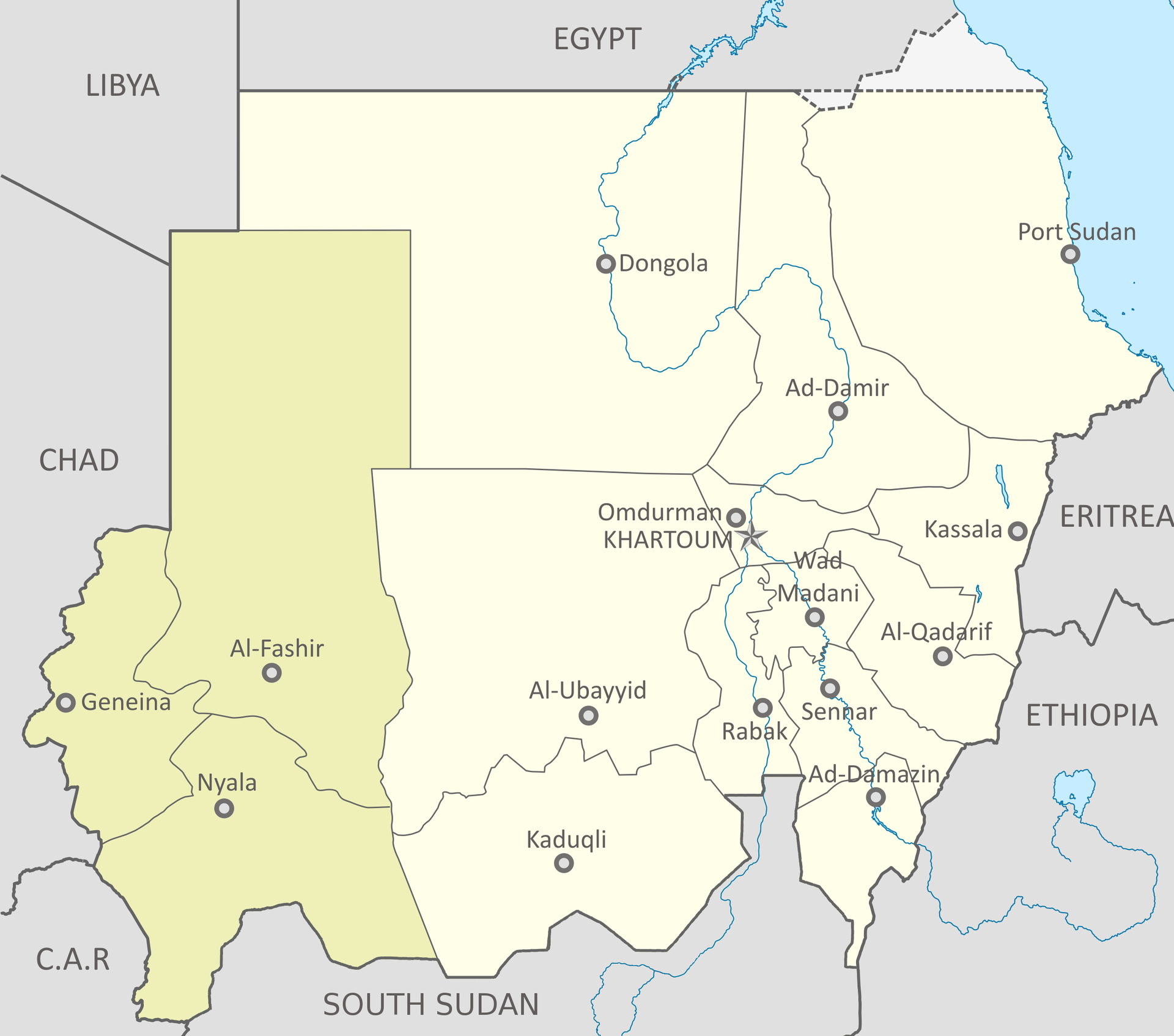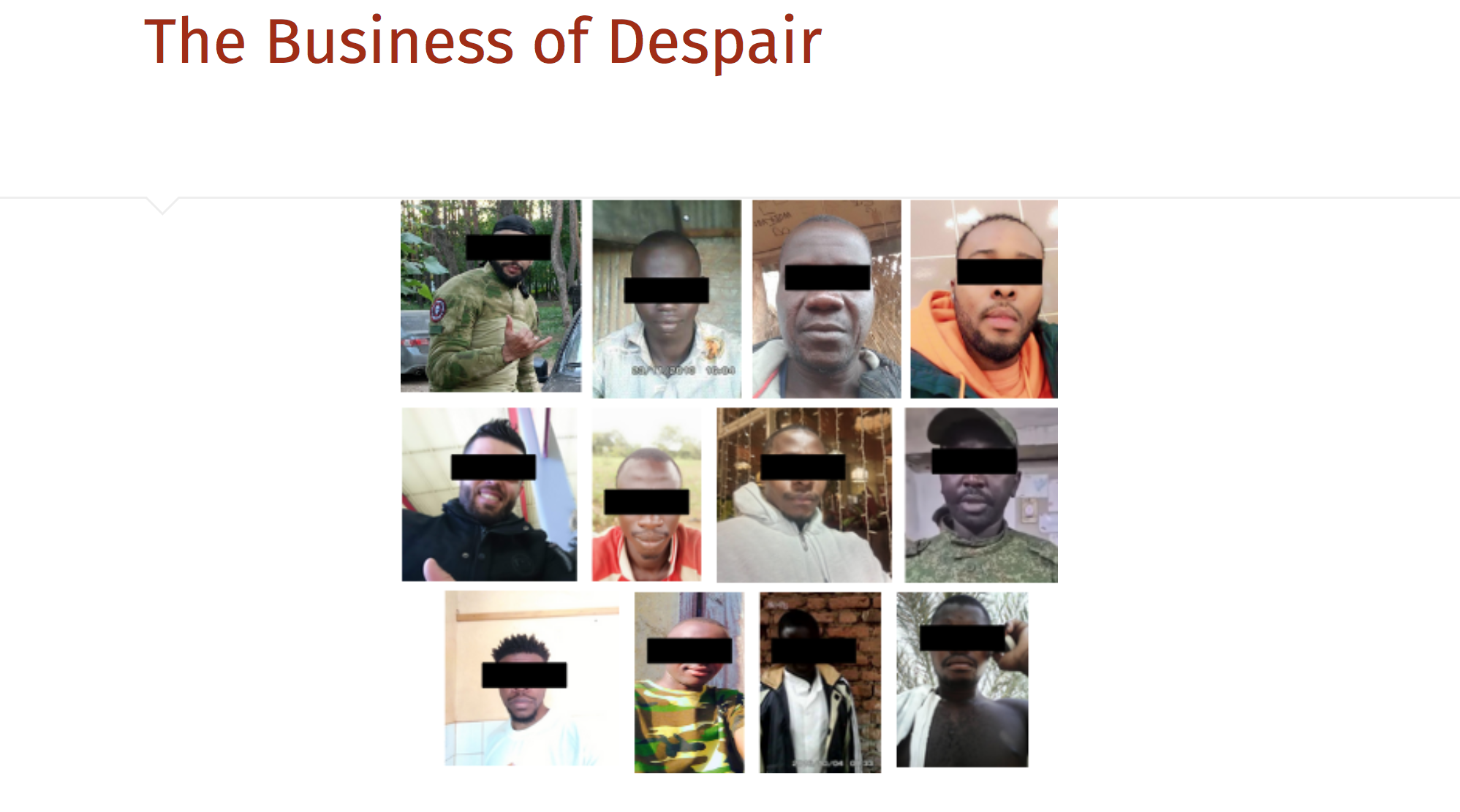
Africa pushes back against Russian military recruitment
Facing a manpower shortage in its war with Ukraine, Russia is increasingly turning to recruitment networks in the Global South—especially Africa—to help fill its ranks. Fast-track visas, the promise of good salaries as well as citizenship are the lures, in contrast to growing official immigration hostility in the rest of Europe. But the problem is surviving the front line. In a report released this week, the investigative collective INPACT obtained a single list of 1,417 Africans hired by Russia and found a death rate of over 20%. Those killed lasted an average of just six months. There are also reports of racism and brutality. While many young men volunteer, others are duped, promised work or scholarships, but then forcibly enlisted. Kenya and South Africa are two countries that have complained. Nairobi wants a ban on the conscription of Kenyans, while South Africa said Moscow had agreed to the return of 17 mentricked into serving in Ukraine. (Image: INPACT)





